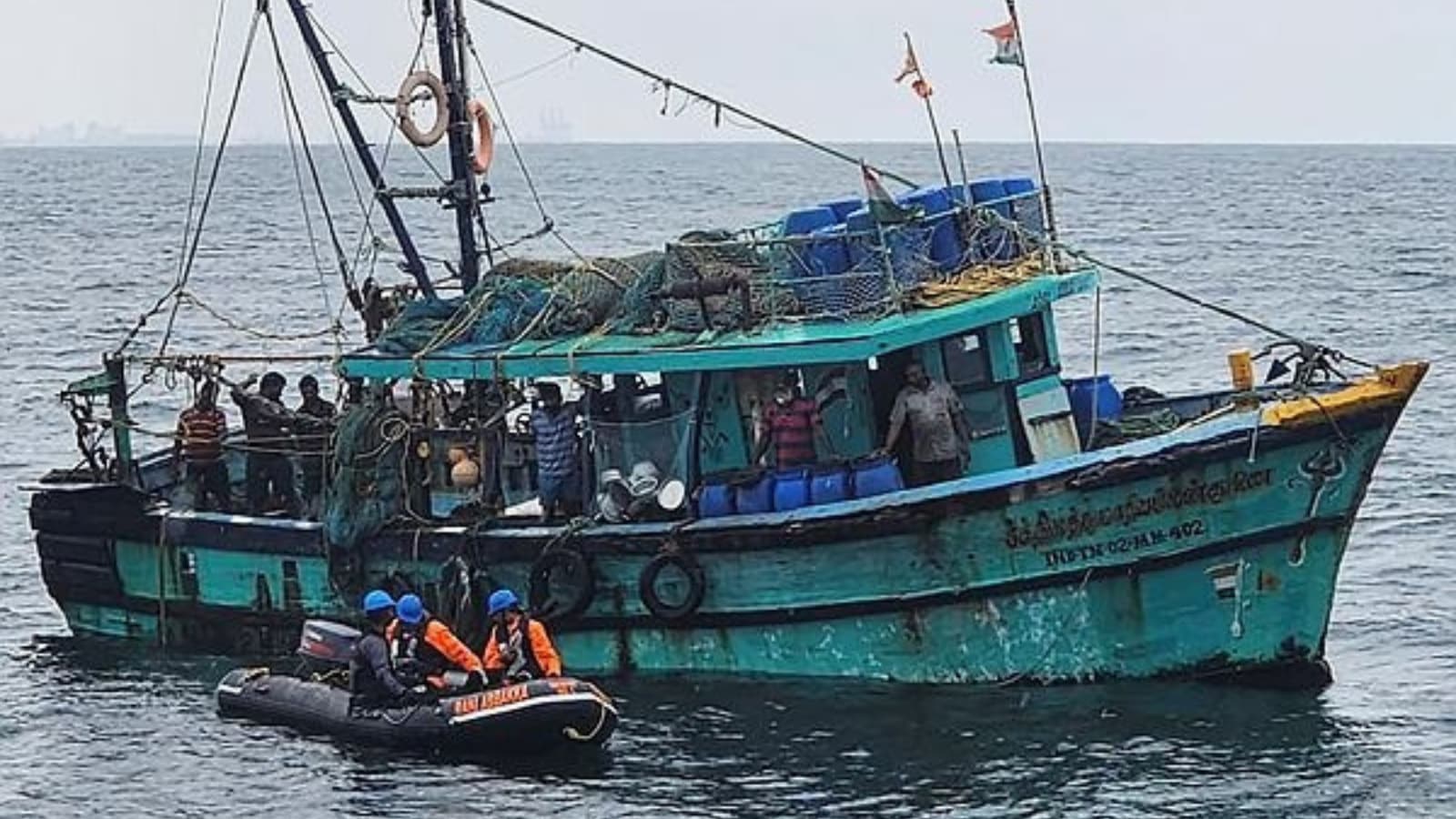ARTICLE AD BOX
 The court noted that the petitioners were essentially aggrieved by the legal mala fides arising from the state’s exercise of power in favour of the actor without following the mandatory procedure required for such action. (File photo)
The court noted that the petitioners were essentially aggrieved by the legal mala fides arising from the state’s exercise of power in favour of the actor without following the mandatory procedure required for such action. (File photo)
The Kerala High Court Friday declared that the ownership certificates issued to actor Mohanlal for possessing two pairs of ivory tusks are invalid and legally unenforceable.
The Division Bench of Justices A.K. Jayasankaran Nambiar and Jobin Sebastian, however, said the state government is free to issue a fresh notification granting the immunity envisaged under Section 40(4) of the Wildlife Protection Act, which allows the government to confer ownership of wildlife articles and trophies such as ivory.
In 2015 and 2016, the state had issued ownership certificates to the actor for two pairs of ivory tusks. The Division Bench was hearing two Public Interest Litigations (PIL) filed in 2019 challenging that decision. Criminal proceedings are also pending against Mohanlal before a magistrate court in this regard.
While striking down the government orders granting ownership certificates to the actor as “illegal and unenforceable,” the court said: “We refrain from dealing with the arguments advanced on behalf of the petitioners as regards the manner in which the power to issue the ownership certificates in question were exercised. We feel that any finding on the said issues might prejudice the actor in the criminal proceedings that are pending against him.”
It went on to say: “We would only observe that the state government is at liberty to issue a fresh notification, in terms of Section 40(4) of the Wildlife Protection Act, 1972, for conferring the immunity envisaged under the said provision, to persons or class of persons envisaged under the statutory provision”.
The petitioners, James Mathew and A.A. Paoulse, argued that criminal proceedings were pending against Mohanlal before the Court of Judicial Magistrate First Class, Perumbavoor, when the state government decided in his favour under Section 40(4) of the 1972 Act. Although the PILs sought a direction to the state to expedite the proceedings, the court said the cases are already underway, including a Criminal Revision Petition and Criminal Miscellaneous Cases, and thus rejected that prayer.
The court noted that the petitioners were essentially aggrieved by the legal mala fides arising from the state’s exercise of power in favour of the actor without following the mandatory procedure required for such action. “Under such circumstances, the object of the writ petitions was essentially to remedy a genuine public wrong or injury and we do not see the writ petitions as being driven by personal vendetta or malice,” the Bench observed.










 English (US) ·
English (US) ·